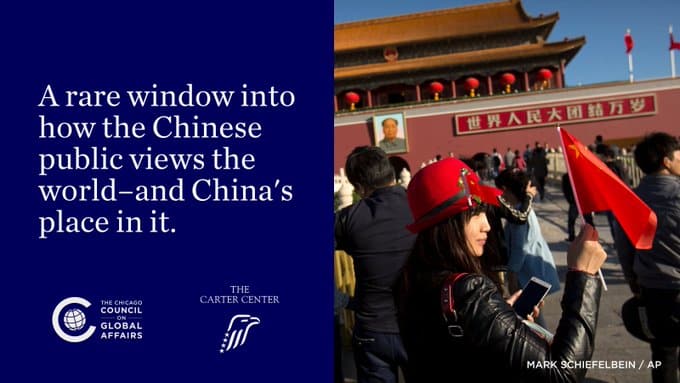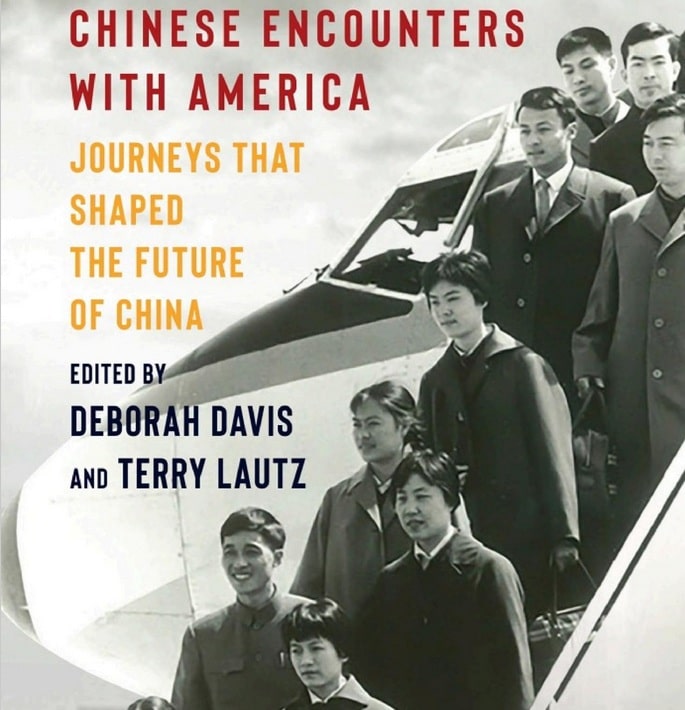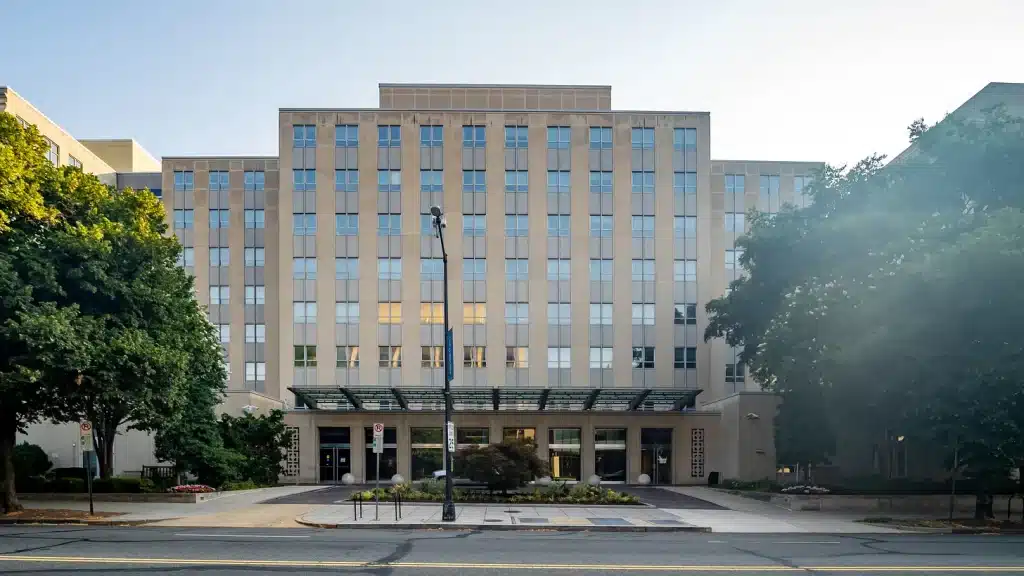Japan’s Prime Minister Takaichi Finally Says Something Close to What Beijing Wants to Hear
In China, Trump Toilets Make Pooping Great Again
What happens when the world’s classiest brand meets Chinese toilet makers with a flexible understanding of trademark law? You get Trump toilets — high-end flushing machines with self-changing seat protectors available in both green and blue.
Shenzhen Trump Industries — no apparent relationship to U.S. businessman and presidential candidate Donald Trump — was founded in 2002. It makes high-end “smart” commodes for use in spas, hotels, beauty centers, and hospitals. The company’s Chinese name, Chuang Pu, means “innovate everywhere” and sounds almost the same as the nickname Chinese netizens often use to refer to the presidential candidate, “Chuan Pu.” (The Chinese pronunciation of both names is similar to Trump.)
The company seems to have adopted a bit of the Republican Party frontrunner’s characteristic swagger. On its website, Shenzhen Trump claimed that it was “the first company in the world” to use retractable toilet seat protectors to “solve the problem of toilet hygiene on a global scale,” and that its products have one billion “users” each year. The toilet maker’s English-language slogan is “Triple Care, Double Enjoyment.” And kids just love ‘em — the homepage features a photo of a smiling blonde toddler in a pink dress hugging one of the porcelain thrones.
Knockoffs, especially of well-known Western brands, are common in China, from counterfeit Louis Vuitton bags, imitation Hyatt and Marriott hotels, and even a fake Apple store. Under Chinese law, close imitations are not necessarily considered trademark violations. (Toilets aren’t the only Trump-branded household items in China; Trump Electronics, with factories in Shanghai and Guangzhou, makes air purifiers.) In July 2015, Michael Jordan lost a lawsuit against Qiaodan, or “Jordan” in Chinese, a Chinese company which uses an image of a jumping basketball player as its logo. Dan Harris, a lawyer who helps U.S. firms navigate Chinese law, said that Chinese trademark regulations differ from those in the United States. “Most countries, including China, give trademarks to whomever files for it first,” he told NPR in an August 2015 interview. “But [in] the United States, it’s whoever uses it first.”
Trump is well-known for lending his name to business endeavors ranging from hotels, to wine and steak, to education. The financial disclosure forms that Trump filed in 2015 as part of his presidential candidacy revealed that 268 of the listed 515 entities contained the name “Trump.” Shenzhen Trump Industries did not appear on this list. (Neither Trump the politician nor Trump the toilet maker immediately responded to requests for comment.)
Given Trump’s preoccupation with the value of his synonymous brand, it seems unlikely that Shenzhen Trump received official permission to use the name — the “U” in the company’s Trump logo is fashioned to resemble a toilet bowl.
By BETHANY ALLEN-EBRAHIMIAN Mar. 14, 2016 on Foreign Policy
Read more here








